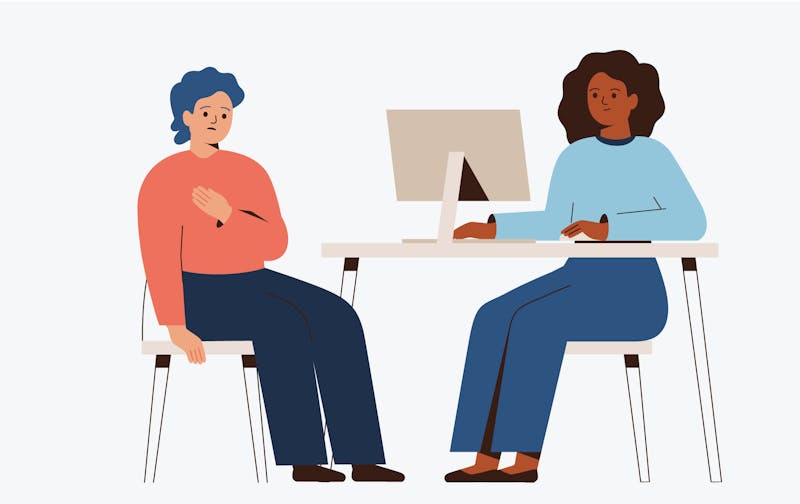Preparation
Your legal rights protector (ice. réttargæslumaður) prepares you for giving a statement and what to expect. It’s also recommended to have your legal rights protector with you when you go in to give the statement. If you have yet to find a legal rights protector, you can get a list of lawyers from the police.
Location
The interview takes place in an interview room at a police station. Sometimes the interview takes place at the Children’s House (Barnahús).
More about giving a statement:
- The interview is recorded in both audio and video format.
- The people present in the room are you, the police investigator, and your legal rights protector. If you need an interpreter, they are also present.
- If you realise later that you could have said more, you can contact the investigator or your legal rights protector and ask to add to your statement. Then the investigator might call you in for another interview so that the additional information is also recorded.
- Giving a statement does not have to automatically entail pressing charges.
- You can bring notes with you, a notebook to write in, or a pre-written text.


